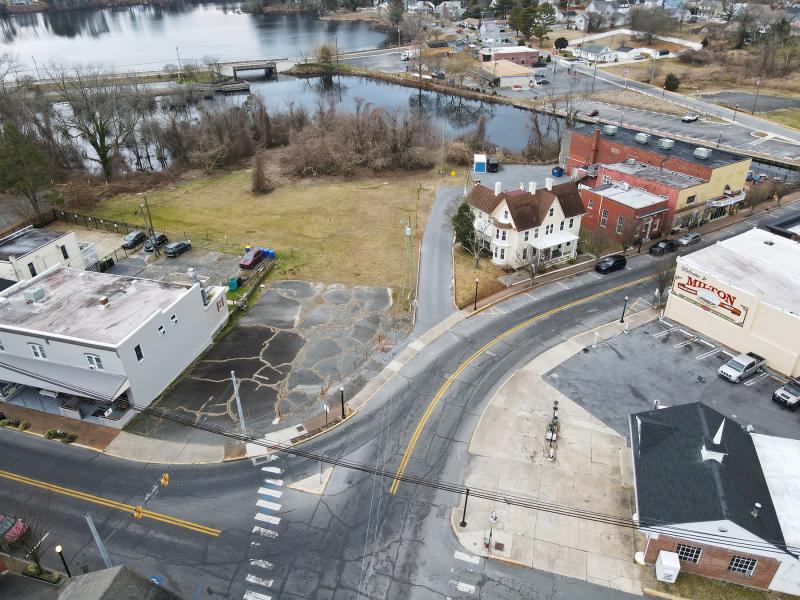Milton officials look to ease tax increase burden
After multiple large property tax increases the last two years, Milton Town Council is working on an ordinance that town officials hope will stop the need for larger increases. The goal is to make any needed increases smaller and more incremental.
The ordinance was introduced at council’s May 6 meeting, and calls for the town manager to use the Consumer Price Index for all urban consumers as the starting point to determine a base minimum property tax rate increase for the ensuing fiscal year. From there, council would determine in budget review if an increase is required to fund the town’s operating and capital expenses.
Town Manager Kristy Rogers said the ordinance is an attempt to come up with a policy where there is a measurable percentage or a measurable guide to take into the future. “We already understand when I craft the budget for council, we already recognize the cost of living and the national increases municipalities are facing,” she said.
Rogers said too often over the last several years, she has had to dip into the town’s reserve funds to balance the budget. She said costs for everything have gone up and even recent tax increases have left the town struggling to keep up. For example, Rogers said, the $1.6 million raised by the most recent tax increase didn’t even cover the budget of the town’s police department.
“You’re already starting the budget year off with a deficit. You have administrative, you have streets, you have parks, you have code enforcement that need revenues to support their departments,” Rogers said.
At the same time, she also recognized that doing large tax increases – an 18% increase in fiscal year 2023 followed by a 9% increase in fiscal year 2024 – is a lot to ask of town residents.
Mayor John Collier said, “The town has to institute some sort of measure. There’s been too many years where budgets were passed with a $1 reserve. That’s not sustainable. Something’s gotta change. Nobody likes tax increases, period. But, you are also enjoying the services that the town provides.”
While council was supportive of the idea of the ordinance, there was also consensus that it needed some work. Council agreed to table the measure for additional review, which was assigned to Councilman Tom Arkinson to work with Rogers and town staff.
Discussion of the ordinance coincided with the town’s six-month budget review, presented by Rogers, who said the town’s revenues and expenditures are on track to meet projections in the $3.5 million fiscal year budget.
Rogers said while there were no major items that require council’s attention, she did have to make some small incremental adjustments to bring the budget in sync. Among those were increasing projected administrative insurance costs, and minor changes to supply and maintenance costs for the streets department.
“All in all, we stay in sync with a surplus budget,” Rogers said.
She said she supported increasing the town’s community enhancement and emergency services fees from 1% to 3% to help build up the town’s reserves to prepare for future capital expenditures, such as paving streets and improving sidewalks. Rogers also proposed raising water impact fees, which would only affect new construction, not existing homeowners, to build up additional reserves so that the town will not have to seek grants and go to referendum on every major project.
Council unanimously approved the amended budget and fee schedule with Rogers’ suggested changes.
















































